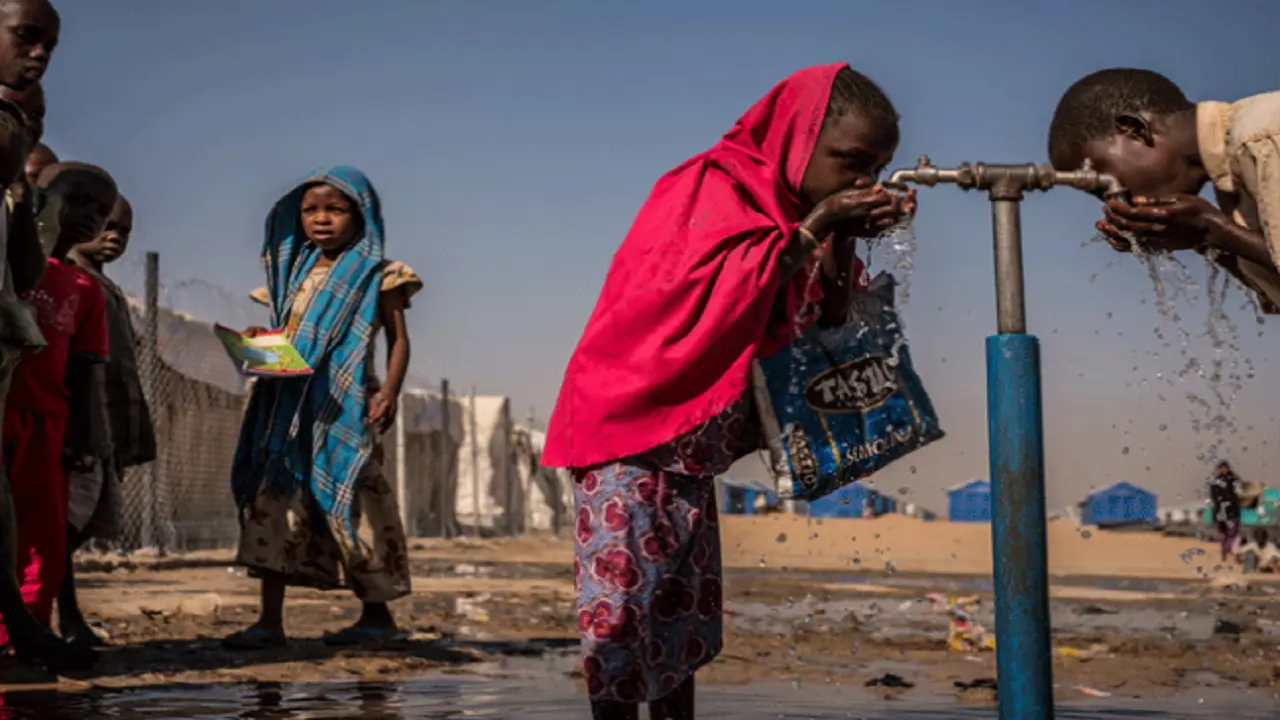Colombo, Sri Lanka – The United Nations Food and Agriculture Organization (FAO) announced on Thursday a new ambitious goal aimed at significantly boosting aquaculture production to address the growing demand for seafood and tackle the pressing issues of global hunger and undernourishment. At the culmination of a three-day Asia and Pacific regional conference held in Colombo, Sri Lanka, the FAO unveiled its objective to achieve a 35% growth in the aquaculture sector by the year 2030, a move that underscores the critical role of sustainable aquatic food systems in the global fight against food insecurity.
Over the past decade, aquaculture has emerged as one of the most rapidly expanding sectors in agriculture, with production soaring by 54% since 2011. This remarkable growth trajectory is set to continue as part of the FAO’s comprehensive “Blue Transformation” initiative. The initiative is a strategic road map designed to revolutionize the world’s aquatic food systems over the next decade, thereby making a significant contribution to the United Nations Sustainable Development Goals (SDGs), particularly those pertaining to hunger and food security.
The urgency of scaling up aquaculture production cannot be overstated, as projections indicate that nearly 600 million people globally will be chronically undernourished by 2030. However, there is a silver lining, especially for the Asia and Pacific region, which has long been a focal point of the FAO’s efforts. The number of undernourished individuals in this region is expected to decrease from the current figure of 371 million to 202 million by the end of the decade. This positive trend underscores the potential of enhanced aquaculture and fisheries management to bring about significant improvements in food security and nutritional outcomes.
Also Read: Assange’s Extradition Odyssey: Unraveling the Legal Epic
Angela Lentisco, the FAO’s Fisheries and Aquatic officer, emphasized the critical importance of the fisheries and aquaculture sectors in combating food insecurity within the region. The FAO’s commitment to supporting member countries in developing these sectors is evident through various projects aimed at enhancing productivity, sustainability, and resilience.
In Sri Lanka, a country where the fishing industry is a cornerstone of the national economy and provides livelihoods for over 2.5 million people, the FAO’s involvement has been particularly impactful. Through collaboration on several key projects, the FAO has contributed to strengthening the island nation’s fishing industry, thereby ensuring that it continues to play a vital role in feeding the population and supporting economic development.
Also Read: Global Backlash: U.S. Veto on Gaza Cease-fire Resolution Ignites Controversy
The FAO’s ambitious “Blue Transformation” strategy, coupled with its targeted efforts in regions like Asia and the Pacific, represents a holistic approach to addressing the complex challenges of global hunger and undernourishment. By focusing on sustainable aquaculture and fisheries management, the FAO aims not only to meet the rising demand for seafood but also to make significant strides towards a world where everyone has access to sufficient, safe, and nutritious food.




